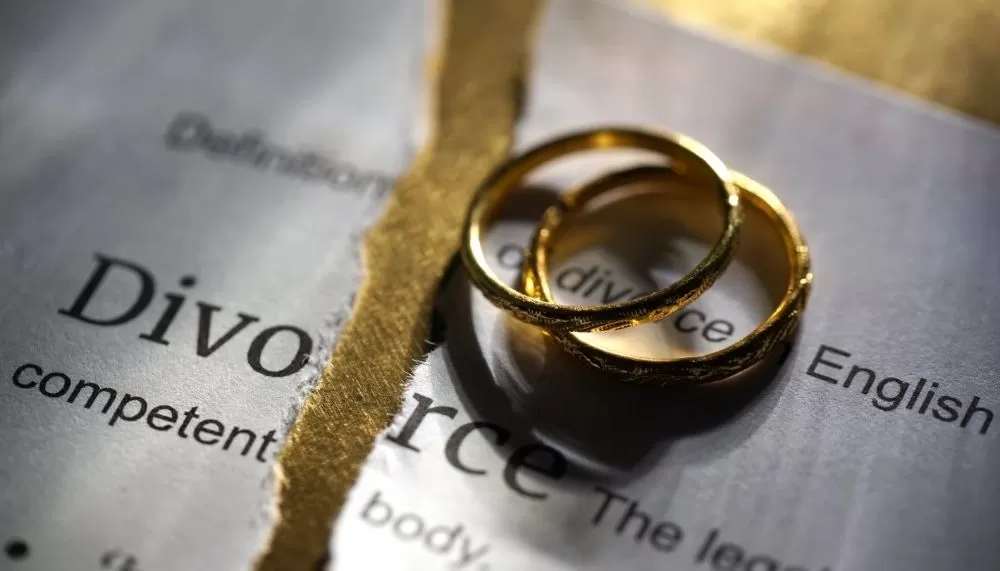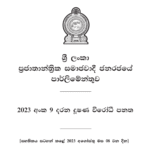Mangalika De Silva (nee Hemachandra) v. Prabhath Joseph De Silva
Background: This Supreme Court case involves a divorce suit initially filed by Mangalika De Silva against her husband, Prabhath Joseph De Silva. The District Court granted a divorce based on the husband’s adultery and malicious desertion and ordered him to transfer his half share of their matrimonial home to Mangalika. Prabhath appealed, and the High Court vacated the District Court’s order, directing a new trial. However, Mangalika appealed to the Supreme Court, seeking to uphold her entitlement to the property.
Key Legal Issue: The primary question before the Supreme Court was whether the District Court’s order for Prabhath to transfer his half share of the matrimonial property to Mangalika was legally justified.
Legal Provisions and Analysis:
- Civil Procedure Code, Section 615:
- Section 615 grants courts the discretion to make property conveyance orders for the benefit of a spouse or children in divorce proceedings if deemed “reasonable.”
- The provision’s wording (“if it thinks fit” and “reasonable”) emphasizes judicial discretion and the need for equitable consideration of both parties’ contributions and the marriage’s breakdown.
- Common Law Principles:
- Historically, Sri Lankan law incorporates the common law principle that the offending spouse (the spouse responsible for the marital breakdown) forfeits benefits obtained through marriage. However, this principle generally applies only to benefits derived from the marriage, not to individually acquired assets.
- Property Contribution and Ownership:
- Evidence demonstrated that both parties contributed to the purchase of the matrimonial home, which was jointly mortgaged. Although Prabhath made payments from his bank account, Mangalika also contributed, particularly after their marital breakdown.
- Given the co-ownership, the court needed to assess both parties’ contributions without favoring one spouse unfairly.
Court’s Findings and Judgment:
- Proportionality and Equity:
- The Supreme Court agreed with the High Court’s assessment that the District Court erred by ordering Prabhath to transfer his share to Mangalika based on marital misconduct. The Supreme Court found it unreasonable to deprive Prabhath of his ownership, as both parties contributed financially and enjoyed the benefits of the property during their marriage.
- Rejection of Fault-Based Distribution:
- The court reiterated that property distribution should not solely depend on one spouse’s fault in the divorce (adultery or desertion). Instead, equitable distribution should consider both spouses’ financial inputs, regardless of personal misconduct.
- Permanent Alimony and Costs:
- While the Supreme Court confirmed Mangalika as the “innocent party” and entitled her to permanent alimony of 3 million rupees, it dismissed the appeal related to property transfer. The court maintained the divorce decree, awarded Mangalika court costs, and affirmed the damages award against the co-defendant (the third party involved in the adultery).
Conclusion: The Supreme Court’s judgment emphasizes the distinction between fault in divorce and equitable distribution of assets, favoring a balanced approach to property rights over punitive asset forfeiture. The matrimonial property remains co-owned, with both parties retaining their respective shares, underscoring judicial discretion to ensure fair asset division without linking property rights strictly to marital misconduct.
Read Full Judgement














